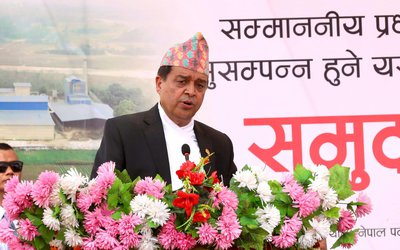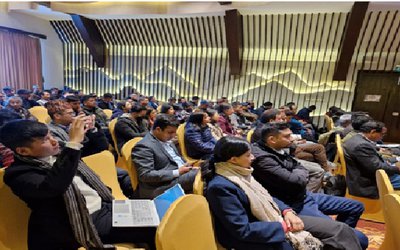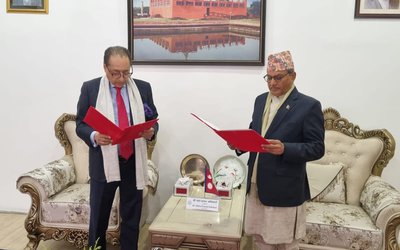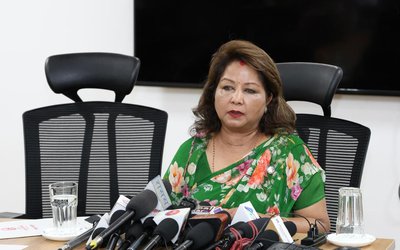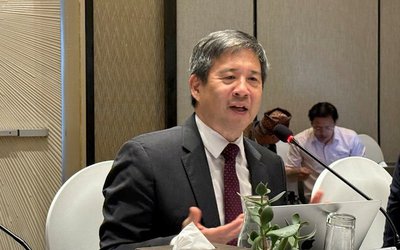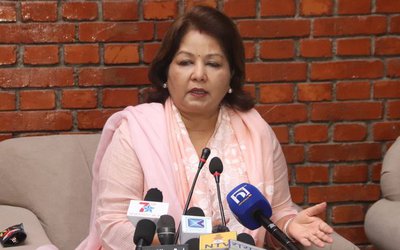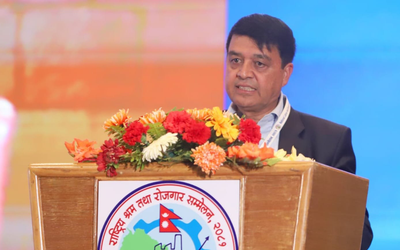As India was preparing to join hands with Nepali Maoists—in the terrorist list of both India and the United States then—against the Monarchy, Ambassador Moriarty seemed to have strong reservations. He unsuccessfully persuaded Indian authorities not to give legitimacy to ‘terrorism’. His oft repeated arguments used to be: “an authoritarian can be transformed into a democrat, but a totalitarian can’t be.”
In the months that followed, the U.S shed its reservation on New Delhi’s clearly specified lines that Monarchy is a past, and Maoists (May be Madhes parties as well) are the true representatives of the people and the international community should learn to trust them. Although the clarity in India’s line came in 2005 November, publicly following the adoption of the 12-point agreement, India seemed to be quietly working with the Maoists at least three years prior to that. Prof S D Muni, a former member of the National Security Advisory Board vouched for it when he wrote that Prachanda and Baburam Bhattarai’s movement in India were relaxed, and they even oversaw some of the attacks in Nepal in lieu of their assuring (in writing) the government of India that Maoists will not go against India’s interest.
Post 12-point and post 2006 politics have only invited chaos, uncertainty and bleak economic opportunity in Nepal. The first Constituent assembly failed to deliver the much promised people’s constitution, and the current government led by Chief Justice Khil Raj Regmi—a product of India-led international initiative—does not look like it is going to be able to hold the much promised election for the second constituent assembly. India, in popular perception in Nepal, is seen as much bigger a failure as Nepalese actors, given its open involvement in major domestic affairs in the country.
Nepal’s former Prime Minister and senior Congress leader Sher Bahadur Deuba, often branded by Delhi as ‘pro-west’ was literally given a red-carpet reception in Delhi when he embarked on a 6-day visit on June 9 at the invitation of the government of India. Deuba does not represent the country, but the treatment accorded to him there by the state was significant. He met Prime Minister Man Mohan Singh, Ruling United Progressive Alliance and Congress Party Chief Sonia Gandhi, National Security Advisor Shiv Shankar Menon and other prominent leaders from the Ruling front as well as the opposition.
He got more prominence than Maoist Chief Prachanda who undertook a similar visit to Delhi nine weeks earlier in the sense that Prachanda failed to meet Mrs Gandhi despite his strongly expressed desire. More significant was the fact that Deuba was not a signatory to the 12-point agreement that India mediated between seven political parties and the Maoists in November 2005. Deuba, all along was forced to adopt a low profile in the aftermath of the 12 –point agreement as G P Koirala –with the likes of K P Sitauala in tow—and Maoists, both backed to the hilt by India carried the politics forward decisively until May 28, 2008, the day monarchy was illegitimately ousted giving no space to the people to decide on the issue. The much promised politics of consensus fell flat in the post-monarchy days which has resulted in their failure to deliver the constitution (by the first CA) and agree on electoral law so vital for conducting the second CA. Despite Deuba having been sacked by King Gyanendra twice—first in October 2002 and then again February 2005 as the Prime Minister—Koirala faction and others branded him as Pro-monarchist, and India seemed to trust the other side all along.
The invitation extended to Deuba and the welcome accorded to him, therefore, is unusual and to a large degree unexpected. May be India also realizes sooner than later that the move to have CJ appointed as the Executive Head is something not appreciated by the people of Nepal and that it has already destroyed people’s faith in the judiciary. Why is India taking a lead in Nepal in doing something that is shunned in practice in any democracy including India? May be it is time that India’s political leadership assesses the damage caused in its image in Nepal and fixes responsibility (on its part) for these aberrations in the name of consolidating democracy and stability in the neighbourhood. India has alienated Nepalese although it has pampered a few leaders who do not command people’s support and respect , mainly in the Terai region,--not to mention the likes of Sitauala-- in the past six years.
It may have been a coincidence that former King Gyanendra Shah was accorded a warm welcome in Parsa and Saptari by the people of Nepal when Deuba was spread a red carpet by India. In display of intolerance and fear, four ‘big parties’ including Nepali Congress, UML, Madhesi Forum (Upendra Yadav) and Prachanda’s Maoist Party gave a bandh call to obstruct Shah from going to Saptari on Monday, a day after they burnt down more than a dozen welcome arches made for the former King.
The fact that Shah braved the Bandh and got the people on his side—although a NC supporter is believed to have thrown a chappal (sandal) at his car -- shows the parties that enjoyed monopoly over power and political process in the past seven years are at the receiving end, and ultimately it is for the Nepali people to decide the future course of politics and fate of the nation. Delhi’s role has proved to be counter-productive although it can always review and take corrective measures and encourage Nepali people to decide their course on their own instead of trying to dictate like in the post 2006 phase. After all that has neither done good to India, nor to Nepal, nor to the bilateral relations. If people play their role, it will be easier for the two governments to get guided by legitimate mutual interest in an atmosphere of trust. That is the best way to guarantee that the people of Nepal will own any change automatically leading to peace and stability.
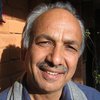
Yubaraj Ghimire
Ghimire is a Kathmandu based journalist.
- Manmohan Singh And The Churn In Nepal
- Jan 08, 2025
- Why ‘Revolutionary’ Communist PM Prachanda Went To Temples In India
- Jun 08, 2023
- Why China Is Happy With Nepal’s New PM
- Jan 03, 2023
- Prachanda Sworn In As PM: New Tie-ups In Nepal, Concern In India
- Dec 27, 2022
- Young TV Anchor As Its Face, RSP Rise Takes Nepal By Surprise
- Nov 23, 2022



